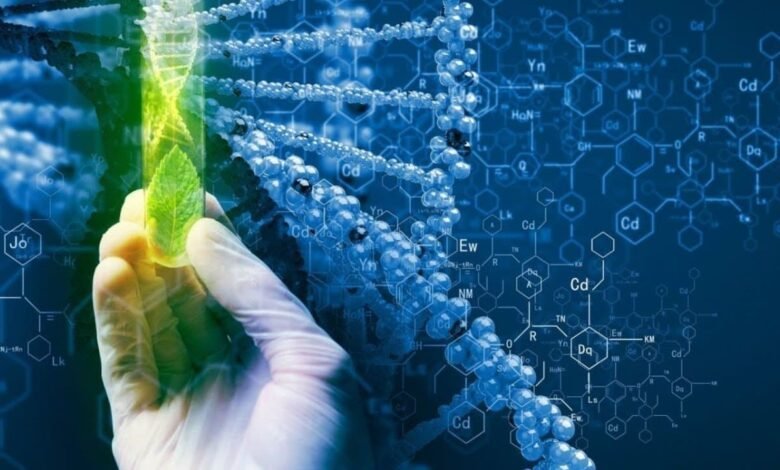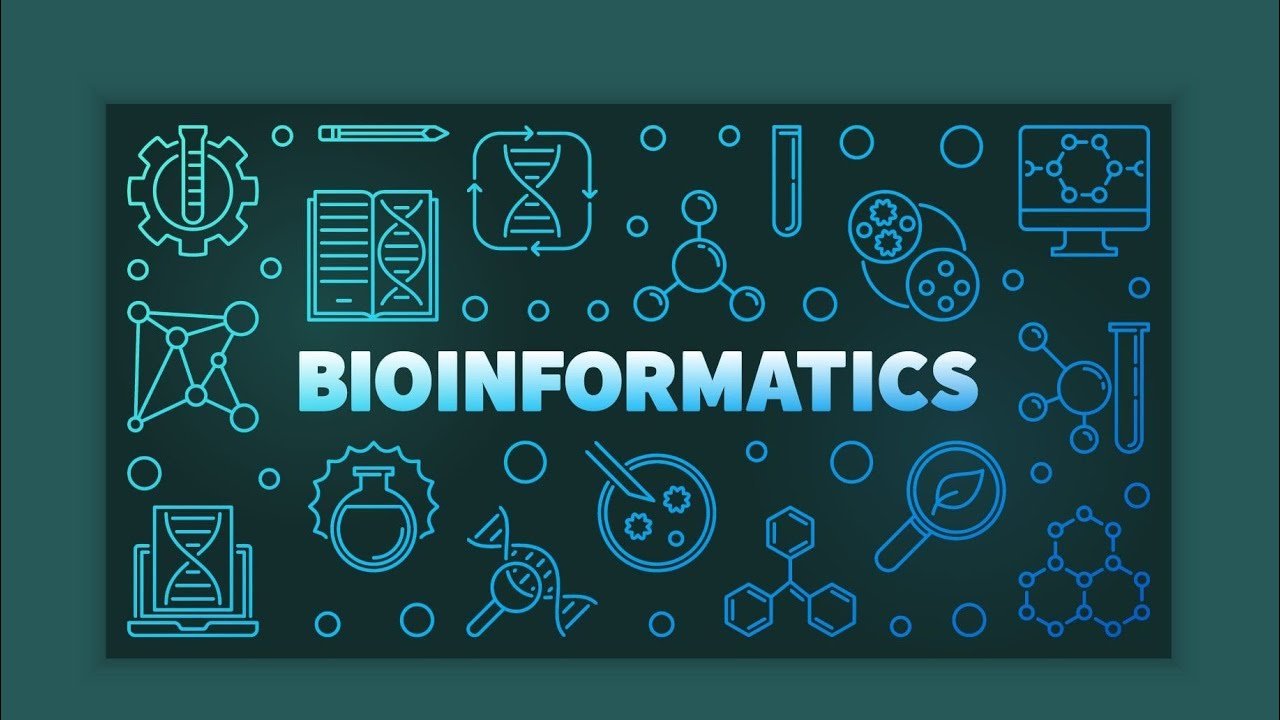Biotechnology Engineering: Revolutionizing the Future

Introduction to Biotechnology Engineering

Biotechnology engineering is an interdisciplinary discipline combining biology, chemistry, physics, and engineering standards to broaden products and technologies that improve our lives. It encompasses various applications, from healthcare to agriculture, and is vital in addressing worldwide demanding situations.
Historical Background
Early Developments
Biotechnology dates back to historical civilizations, wherein fermentation procedures had been applied to provide food and drinks. However, the current era of biotechnology started in the mid-twentieth century with the discovery of DNA’s structure and the improvement of the recombinant DNA era.
Modern Advancements
Recent strides in biotechnology engineering, drastically CRISPR-Cas9 gene enhancing, mark a paradigm shift across industries. This approach permits particular changes to DNA, heralding breakthroughs in genetic ailment cures and agricultural innovation. CRISPR’s precision allows scientists to goal precise genetic sequences, correcting mutations responsible for hereditary problems with unheard-of accuracy. Agriculture allows crop amendment for enhanced resistance and nutritional cost. The capacity for tailored answers to genetic ailments and agricultural challenges underscores CRISPR’s transformative effect, promising a future where genetic engineering plays a pivotal function in healthcare and meal safety.
Principles of Biotechnology Engineering
Genetic Engineering
Genetic engineering includes deliberately changing an organism’s genetic makeup to attain particular developments or goals. This manipulation can contain editing genes to reinforce agricultural productivity, synthesize medications, or create genetically modified organisms (GMOs) with better attributes. Scientists can decorate crop resilience to pests and environmental stresses by focusing on and modifying character genes, increasing nutritional costs, or conferring disease resistance. Similarly, genetic engineering facilitates the manufacturing of prescribed drugs through engineered organisms that can synthesize valuable compounds. Through particular genetic manipulation, genetic engineering promises to cope with numerous challenges in agriculture, medication, and biotechnology, paving the way for modern solutions to complex issues.
Bioinformatics

Bioinformatics amalgamates standards from biology, computer technological know-how, and records era to dissect and decipher biological statistics. It is pivotal in genomic exploration, pharmaceutical innovation, and personalized healthcare via streamlining the storage, retrieval, and analysis of large organic datasets. By leveraging computational algorithms and statistical methodologies, bioinformatics aids in uncovering styles, relationships, and insights hidden inside complicated organic facts. It empowers researchers to explain genetic means underlying conditions, evolve awareness of potential drug plans, & tailor therapies to particular sufferers based on their inborn makeup. Bioinformatics bridges the biological sciences & computational disciplines, catalyzing improvements in biomedical analyses and restoring interventions.
Applications in Various Fields
Agriculture
Biotechnology engineering revolutionizes agriculture by creating genetically modified crops resilient to pests, diseases, and environmental pressures. These crops bolster their nutritional value as chemical pesticides and enhance mood biotechnology engineering security. Through genetic improvements, biotechnology engineering gives sustainable answers to agriculturally demanding situations, ensuring sturdy harvests and nutritious meals for a burgeoning population while minimizing environmental impact.
Medicine
Biotechnology engineering in medicinal drugs has sparked innovative breakthroughs, such as recombinant protein production for therapies, gene therapy improvements in genetic ailment remedy, and vaccine development for ailment prevention. It transforms diagnostics, drug delivery, and personalized medicinal drugs, improving remedy precision. Biotechnology engineering propels medical science through innovative techniques, offering hope for improved patient care, disease prevention, and overall public health outcomes.
Environment
Biotechnology engineering addresses environmental worries through bioremediation, biofuel production, and waste management improvements. Engineered microorganisms can degrade pollutants, while biofuels from renewable sources provide eco-friendly alternatives to fossil fuels, curbing greenhouse fuel emissions. These sustainable techniques mitigate environmental degradation, fostering a cleaner, healthier planet for cutting-edge-day and future generations. Biotechnology engineering performs a pivotal function in shaping a more sustainable and resilient global via harnessing nature’s electricity for environmental conservation,
Career Opportunities in Biotechnology Engineering

Research and Development
Professionals in other biotechnology research & product (R&D) are dedicated to creating investigations, performing strict research, & spearheading the expansion of cutting-edge technologies to attack scientific hurdles and meet industry needs. Their work travels to different fields, including pharmaceuticals, agriculture, & environmental protection. By leveraging their expertise in molecular biology, genetics, and bioinformatics, these professionals drive forward scientific innovation, paving the path for breakthroughs in treatment, agriculture, and tolerable procedures. Through their combined actions, they seek to create the limitations of biotechnology, opening new options for managing multinational challenges & enhancing human welfare.
Pharmaceutical Industry
The pharmaceutical business employs biotechnology engineers in drug finding, editing, and display. They are critical in designing biologics, conducting medical trials, and ensuring extraordinary and safe products.
Environmental Biotechnology
In environmental biotechnology, specialists paint wastewater treatment, pollution management, and sustainable resource management tasks. They practice biotechnological ideas to develop eco-friendly answers for ecological conservation.
Challenges and Ethical Considerations
GMOs and Food Security

The extensive adoption of genetically changed organisms (GMOs) increases valid issues regarding their capacity effects on biodiversity, ecosystems, and human fitness. Ethical deliberations embody apprehensions about unintentional consequences, which include genetic infection of local species, disruption of ecological stability, and the emergence of resistant pests or weeds. Moreover, the lengthy-term environmental ramifications of GMO cultivation, including soil degradation and water pollution, warrant careful attention. Socio-financial disparities may additionally arise regarding the right of entry to genetically changed vegetation, potentially exacerbating inequalities in agricultural practices and food safety. Addressing these ethical worries calls for comprehensive danger exams, obvious regulations, and inclusive speaking among stakeholders to ensure responsible and sustainable deployment of GMO technology.
Bioethics
Biotechnology engineering gives tricky ethical quandaries surrounding the usage of genetic records, human enhancement methodologies, and the commercialization of existence. It activates crucial reflections on genetic privacy, equitable access to technologies, and the moral implications of altering human tendencies. To navigate those challenges, sturdy ethical frameworks and stringent rules are vital to uphold moral research standards and safeguard societal well-being. These frameworks must prioritize knowledgeable consent, equitable distribution of advantages, and respect for human dignity. By promoting responsible conduct and responsibility in biotechnological endeavors, ethical tips play a critical role in fostering public acceptance as accurate and ensuring that biotechnology serves humanity’s pleasant hobbies, even as upholding ethical standards.
Future Prospects
The future of biotechnology engineering holds promise for endured innovation and advancement throughout diverse sectors. Emerging technology, including artificial biology, nanobiotechnology, and regenerative medicinal capsules, is poised to shape the future of healthcare, agriculture, and environmental sustainability.
Conclusion
Biotechnology engineering is a dynamic and rapidly evolving problem that may address several pressing and annoying situations in coping with humanity. By harnessing the power of biological systems and engineering ideas, biotechnologists are riding innovation, enhancing lives, and shaping the future of our planet.
FAQS
How does biotechnology engineering contribute to sustainable agriculture?
Biotechnology engineering complements sustainable agriculture by growing genetically modified crops and protecting against pests, illnesses, and environmental stressors. These vegetation boom yields lessen reliance on chemical insecticides and sell environmentally pleasant farming practices.
What are the ethical considerations surrounding gene editing technology?
Ethical concerns surrounding gene-enhancing technologies include the possibility of accidental consequences, the equitable distribution of benefits, and the responsible use of this effective tool. Regulatory frameworks and moral tips intend to ensure the eth accountable, countable application of gene-modifying technologies.
Can biotechnology engineering assist in fighting weather? Technology
Biotechnology engineers assist change by developing biofuels, biodegradable Besides, & carbon donates generation. Sufferable biotechnology contributes to sustainable agriculture methods that mitigate greenhouse gas emissions & promote carbon sequestration in soil.



